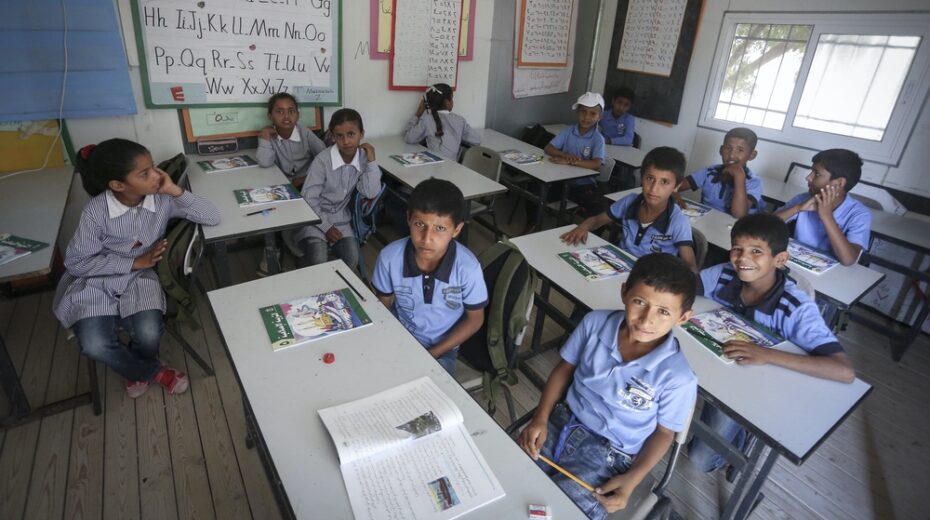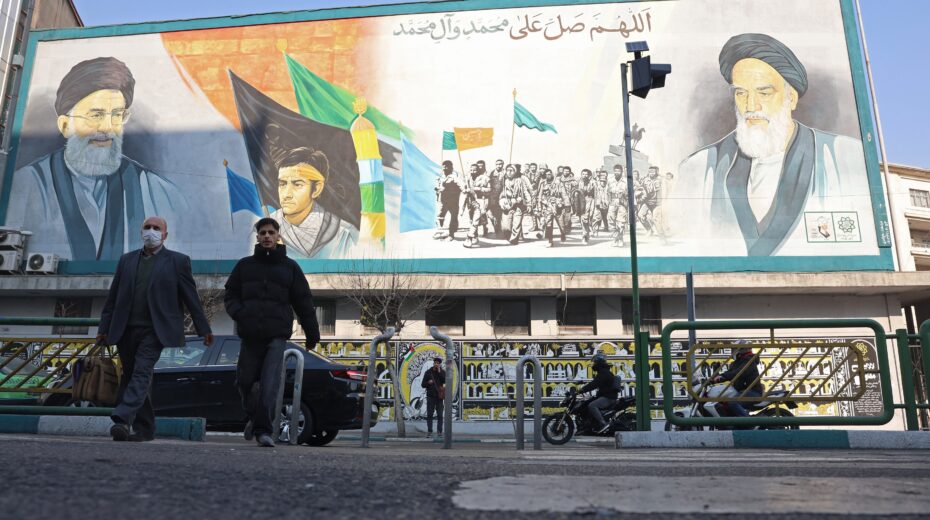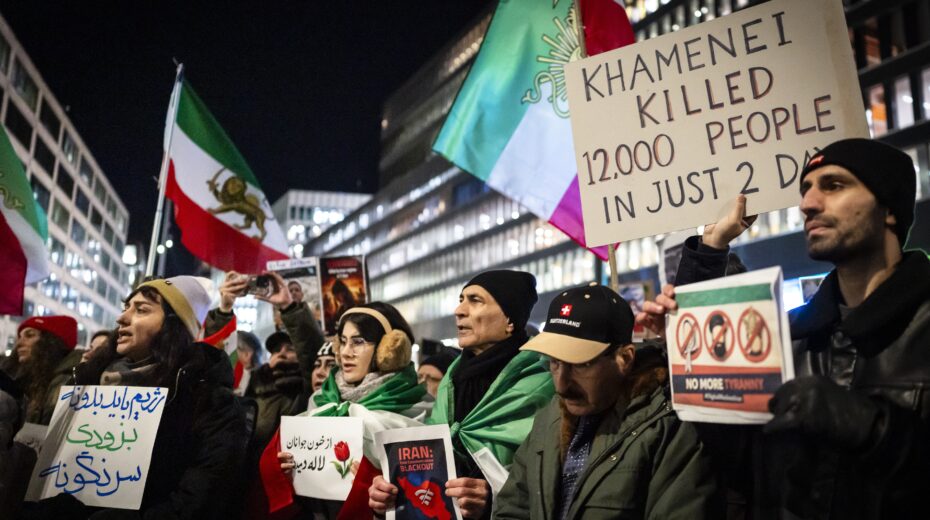The Palestinian Authority Cabinet, headed by Prime Minister Mohammad Shtayyeh, approved a comprehensive plan for making changes to Palestinian textbooks for the coming school year.
The announcement comes less than a week after the decision made by a majority vote of 60% in the European Union (EU) Parliament to denounce the Palestinian Authority (PA) for its continued failure to remove content from its textbooks that promote incitement and violence.
The IMPACT-se (Institute for Monitoring Peace and Cultural Tolerance in School Education) played a central role in the initiative and provided the findings for the European lawmakers who submitted the proposal to denounce the PA. There are likely to be significant consequences concerning EU financial aid for Palestinian education as a result of the official denouncement.
The announcement does not indicate what specific curriculum will be changed. It is also unclear why it was suddenly decided to implement a comprehensive program for changing the textbook content in light of the fact that the final version was published two years ago.
IMPACT-se
IMPACT-se CEO Marcus Sheff stated:
“It’s clear to everyone that this decision is the Palestinian Prime Minister’s direct response to the official denouncement approved by the European parliament last Thursday. The real question is whether we’ll see real change implemented in the content of Palestinian textbooks that the international community requires, or instead, if this is just their way of placating their European donors. Either way, we will know in September whether the hate and incitement for violence that has influenced Palestinian children for years has been removed and if peace and tolerance have been inserted instead.”
IMPACT-se COO Arik Agassi added:
“Currently, it appears that the Palestinian Authority is under increasing pressure to provide textbooks that promote tolerance and peace to 1.3 million students. We are all hopeful that the pressure will prove successful at lowering the level of hatred among the next Palestinian generation.”
The approval of the program by the Palestinian cabinet also comes prior to the completion of an EU independent report in June originally announced in April 2018 by former EU High Representative of the Union of Foreign Affairs and Security Policy, Frederica Mogherini. She expressed that the purpose of the report is to “identify possible incitement for hate and violence and any violation of UNESCO standards for peace and tolerance in education.”
In the cabinet meeting, Palestinian Minister of Education Marwan Awartani presented a detailed plan for a project his ministry is developing “to examine and develop Palestinian curriculum and textbooks,” and determined the need for “the preservation and protection of curriculum to be treated as an issue of Palestinian sovereignty…for the Palestinian identity and narrative.”
International reaction to Palestinian curriculum
Within the last year, the content of new Palestinian textbooks rose to the center of the international agenda as a result of IMPACT-se’s comprehensive campaign.
This past March, the British government announced that it is “troubled by the incitement found in the PA textbooks.” These words were delivered by MP James Cleverly, Minister for Middle East and North Africa, in response to a parliamentary question on the subject. Last December, the Norwegian Parliament called for the freezing of funding for the Palestinian education system due to revelations of incitement in their new textbooks. The parliament stated that the new textbooks are “destructive to the peace process.”
Last December, the US House Foreign Affairs Committee unanimously voted for bi-partisan legislation that requires the government to publish a public report regarding the content of Palestinian textbooks.
In addition to the United States and the European Union, the UN made an unprecedented decision to publish a report that denounces Palestinian incitement in its textbooks and demanded that they be removed.














